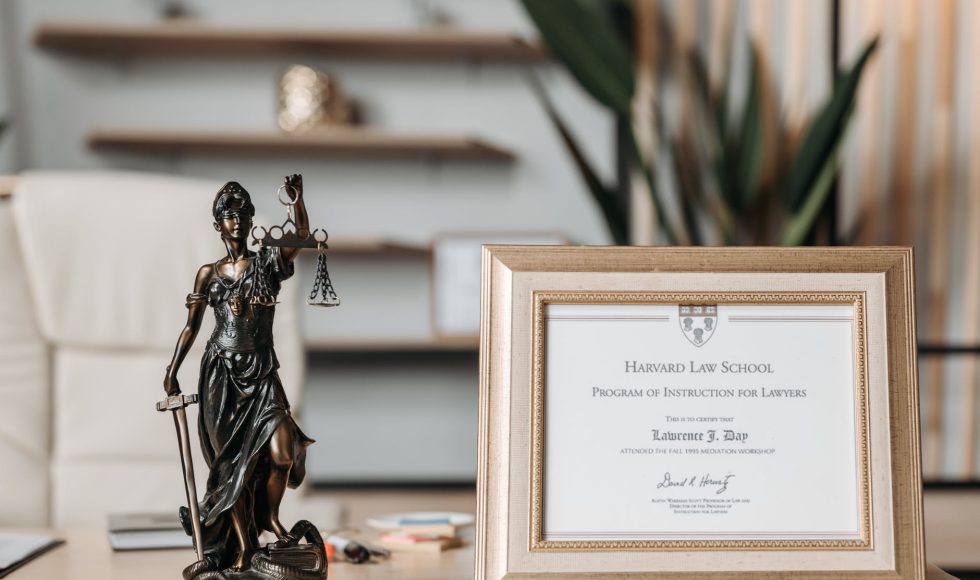Dr. Valerie Morphew, Professor, Fairmont State University, presented a session for Quality Matters on “Trends in Micro-Credentials for Professional Development.” They defined micro-credentials using the NEA 2021 definition: “A micro-credential is a short, competency-based recognition that allows an educator to demonstrate mastery in a particular area.” Recognition may be a digital badge upon demonstration of […]
Dr. Charlotte Russell Cox from North Carolina Central University spoke about “Free For All: OER Selection Strategies and Structure” as part of the Quality Matters QM April 2022 conference. They defined Open Educational Resource (OER) using the EDUCAUSE 2021 reference by Kimmons & Rogers: “OERs are resources that are free materials that educators can use […]
The Friday Open Ed 2021 plenary to close the conference was entitled “The Future of Open Ed.” Andrea Scott is the OER Coordinator at Salt Lake Community College and introduced the Strategic Planning Committee. Stephanie Pierce is the Head of the Physics Library at the University of Arkansas Libraries and started a Mentimeter poll. Pierce […]
Diane Zydlewski, Florencia Gabriele, and Meaghan Price presented at Open Ed 2021 on “History of Economic Thought Made Alive Through Artifacts – A Collaborative Book.” They are all at Emmanuel College. Florencia Gabriele is a lecturer and has used this assignment in which students analyze passages in books and contribute to a book. The course […]
Sara Stokes is the OER Lab Manager at Ontario Tech and along with Rebecca Maynard presented at Open Ed 2021 about “Co-Creating Opportunities for Openness.” Ontario Tech is one of the newest universities in Canada. Stokes spoke about the needs of students at Ontario Tech and their focus on STEM. The Open Education Lab was […]
Judy Orton Grissett is the Director of Experiential Learning at Georgia Southwestern State University and spoke about research with Feng-Ru Sheu, an Instructional Designer Librarian at Kent State University. The title of their session at Open Ed 2021 was “Open Pedagogical Practices and Instructional Changes in a Psychology Course.” They met at Open Ed in […]
Laura Clark Hunt, faculty at the University of Southern Mississippi, and Janet Koposko, Assistant Professor of Psychology at Braham Baldwin Agricultural College, presented at Open Ed 2021 about “A Case Study in Information Literacy: OER Interdisciplinary Project on Research as Inquiry.” The title of their presentation was “Discipline Specific Information Literacy.” This was a grant […]
Jeremy Peters, Assistant Professor of Music Business at Wayne State University and co-founder of Quite Scientific Records, and Catherine Brobston from Outreach at Harvard Law School spoke about “Remixing and Expanding Access to Legal Education Resources” at Open Ed 2021. Brobston introduced H2O, “an open education platform focused on legal resources and built for cloning […]
Geoff Keston, an Adjunct Assistant Professor of Technical Communication at Temple University, presented at Open Ed 2021 on “Helping Undergraduates Become Open Access Learners.” Keston started by explaining that open learning is a challenge because learners are often used to finding all the resources in one site. Keston emphasized that “open access learning” is challenging […]
Dorothy Salinas is an Assistant Professor at County College of Morris in New Jersey. They presented “Biology Course Development: Increasing Affordability and Accessibility for Non-Science Majors” at Open Ed 2021. Salinas spoke about common barriers students may face including academic/institutional (financial aid, advising, guidance, preparedness, learning obstacles) and non-academic (school/work/life balance, time management, childcare, location, […]











